Julian Riedelsheimer is a startup founder with a forward-thinking vision of how we will work in the future. Like other young entrepreneurs of his generation, he has been inspired to do away with outdated models of working, shake up company culture, and redesign the workspace as a place of purpose and freedom. This drive has resulted in a unique company that does just that: a design firm ushering in a new model of working, a model that they both promote and embody.
Words
Photos
Marili PerssonWhen Julian co-founded 99chairs with Frank Stegert in 2014, the two friends already knew what kind of company they wanted to build. The idea was to create a platform to connect people and businesses with interior design experts. However, the concept was about more than just great designs. They understood that our working lives are changing, that expectations and ambitions are rising, and that companies are adopting radical new ways of operating. Four years later, the 45-person team at 99chairs is behind some of Berlin’s most innovative working spaces, and the team themselves have been on a journey to create a company culture that everybody can believe in.
‘We create spaces to expand life,’ explains Julian, as we sit in the sleek and spacious 99chairs offices in Kreuzberg, Berlin. ‘We want to help people with their life and their purpose.’ For Julian, there is no doubt that the spaces we occupy have a transformative effect on who we are and what we do. It’s one of the founding ideas behind 99chairs, he explains, helping people design spaces ‘where they feel happy, more productive, creative.’
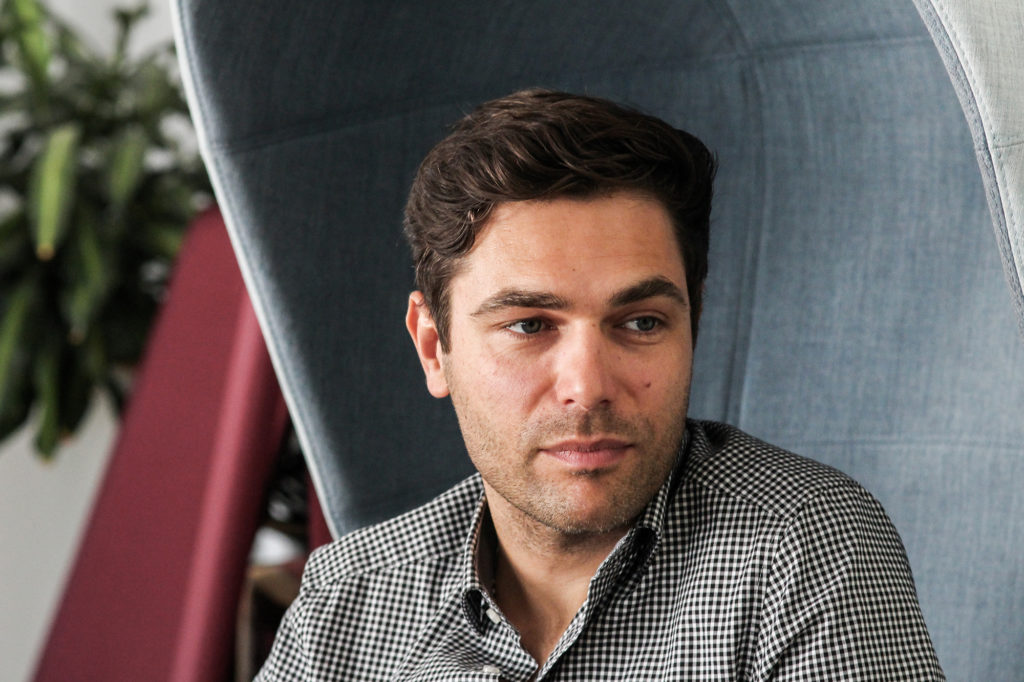
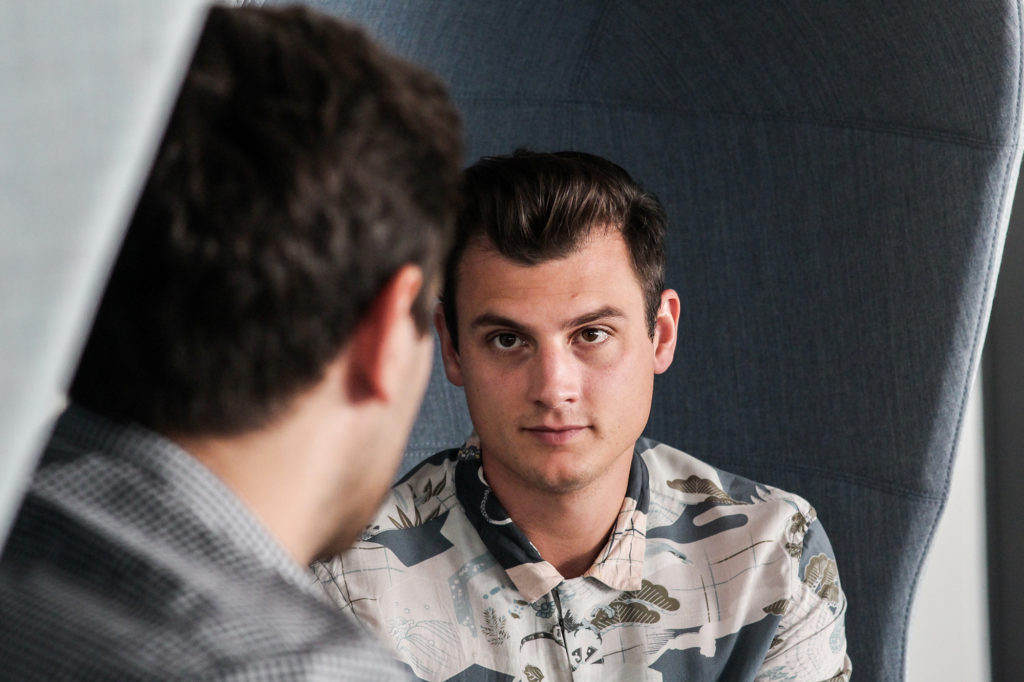
With a team of full-time and freelance designers, 99chairs helps create and manage design projects for both home and work life. But most of all, the company is making a name for itself in the German business world, where it has worked with companies like Uber, BioNTech, Lilium Aviation and Daimler. With projects ranging from office overhauls to innovation labs and large scale co-working venues, the 99chairs philosophy is an ambitious one. They aim to deliver designs that not only boost innovation and creativity, but also inspire joy and fulfilment.
As Julian explains, there is no magic recipe here, but certain elements are essential. Communal areas for socialising and random interactions can fuel spontaneous creativity, while a mixture of open spaces and quiet, casual meeting rooms boost transparency and productivity. Uplifting interiors with comfortable and stylish decoration can have a huge impact on mood, as does an abundance of light and greenery, and offering the opportunity to eat and cook together is a chance to bond over that most human of rituals: a meal. Julian and Frank, meanwhile, are busy spreading the word, and have spoken at conferences in Germany and the UK about how they see our working lives evolving, particularly with a younger generation who have grown to expect purpose, meaning and autonomy in their working lives.
‘We want to help people with their life and their purpose.’
Julian, an easy-going but quietly driven 29-year-old from Munich, was featured in last year’s Forbes ‘30 under 30’ list of young innovators driving a change in retail and ecommerce in Europe. Before co-founding 99chairs with his university friend Frank, Julian was part of a young team that helped build up Tirendo, an ecommerce platform in the autoparts sector. Here, he learned how important it can be to work with like-minded people. 99chairs was in part inspired by this deep investment in company culture, which was worked into the 99chairs philosophy and continues to feed into their approach to workspace design.
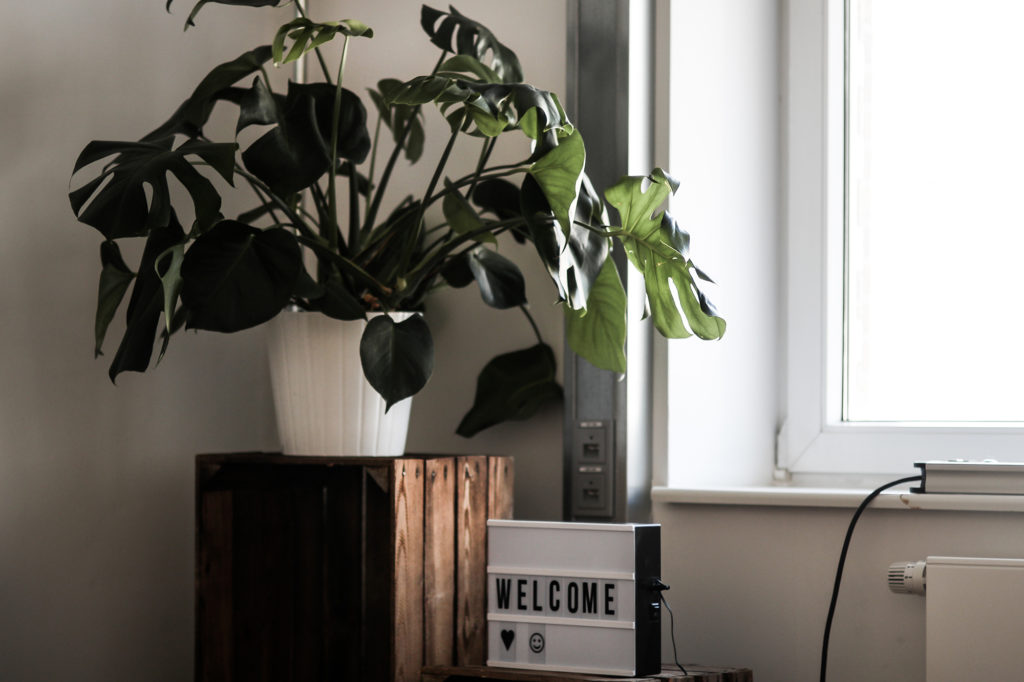
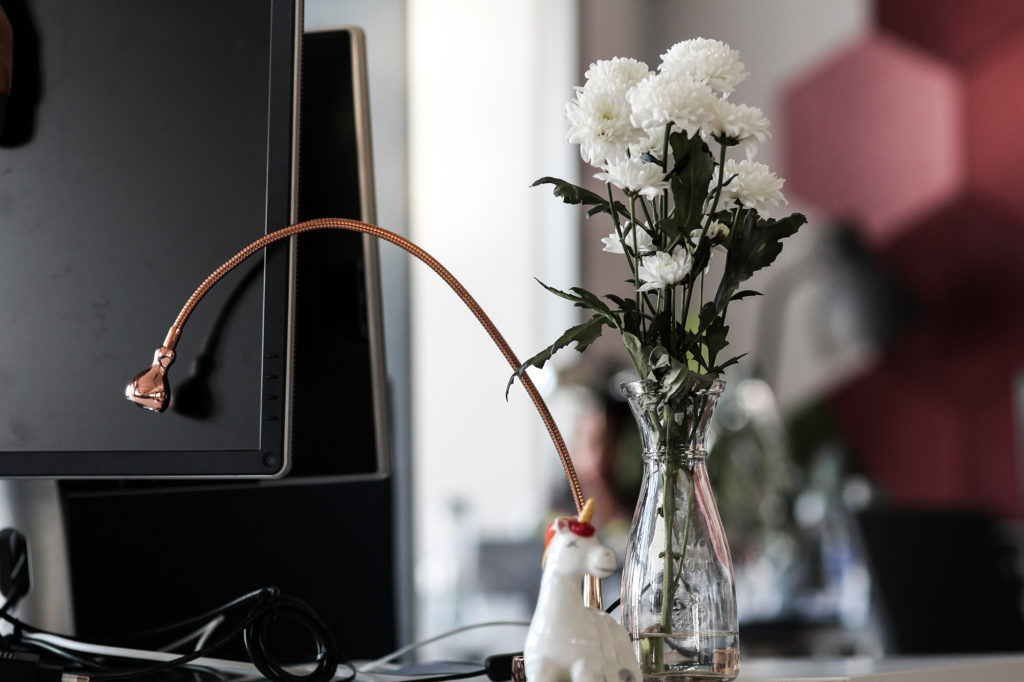
Of course, most of us these days are familiar with the kind of luxurious, playground interiors favoured by cool tech firms (think slides, baristas, yoga studios and craft beer on tap). But what we often don’t see is the work that goes into the creation of these spaces. For Julian, there’s a common misconception about how to create the perfect modern working environment. The idea, he says, of switching to an open plan arrangement, wheeling in a pingpong table and some couches then hoping for the best is a one-size-fits-all fallacy. ‘Often, these middle-sized companies change to an open space, and the employees are all really unhappy because they weren’t even asked. That’s part of the culture: the boss just decided they want an open space because it’s cool … But first you need to understand how their organisation is built.’
For the 99chairs team, the design process gets to the core of how companies want to work together. The balance of open, closed, quiet and communal spaces is based on what a company needs, but also on the kind of culture it wants to build. ‘It’s not about the table tennis itself,’ says Julian with a smile, explaining that atmosphere and dynamics are equally important: ‘It’s about people getting out of their normal work routine and having time to talk with others they normally would not interact with.’ This is reflected in their own office space, where transparency (both literally and figuratively) is prioritised:. ‘Part of transparency is obviously an open space. So I sit right in the middle, Frank sits over there. Everyone can directly approach me. This more transparent approach is reflected in our interiors.’
In recent years, the trend of companies boosting transparency and interaction has given rise to whole new systems of company organisation as well as design. The widely adopted Agile, Lean and Design Thinking movements are good examples of how dissolving traditional work structures leads to breakthroughs in innovation and efficiency. Ideas like these have also been fuelling the worldwide phenomenon of co-working, which has grown from its late-90s origins as small communities of entrepreneurs, to today’s multi-billion dollar industry.

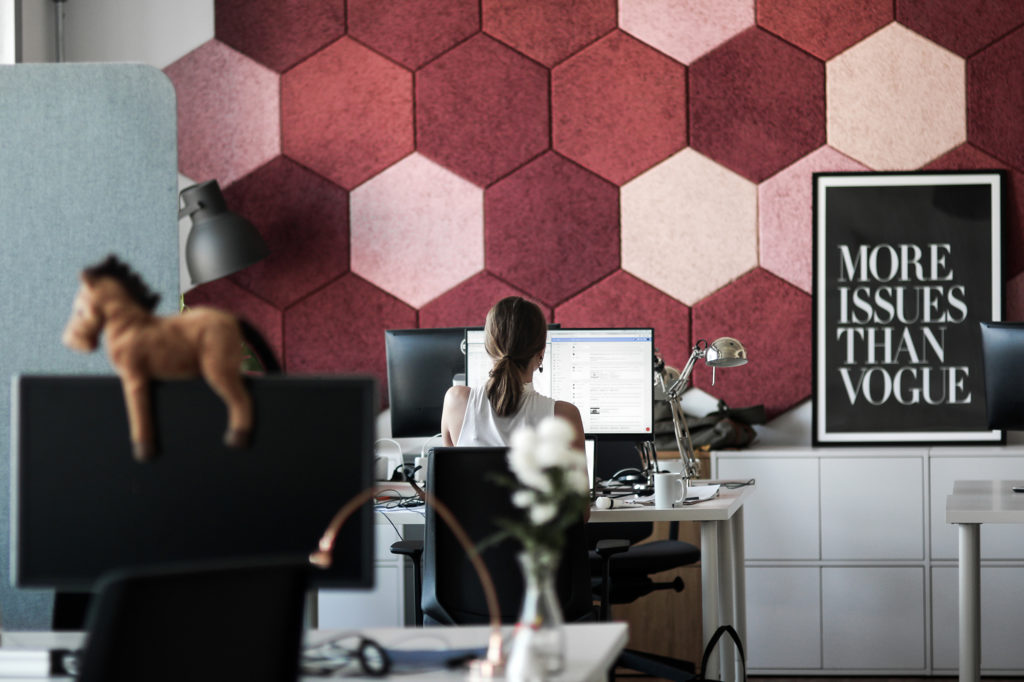
In Berlin, there’s a new hub on the co-working landscape. It’s the second location of Factory, housed in a five-storey industrial building at the eastern edge of Görlitzer Park. Perhaps the best-known of the capital’s shared space networks, Factory describes itself as ‘a next-generation business club’ on a mission ‘to create the world of tomorrow’. Its members make up a ‘curated community’ of freelancers, startups of all sizes, and teams from international corporations as large as Audi, Siemens and Zendesk.
It was 99chairs that took charge of designing the 14,000 square meters of interiors at Factory Görlitzer Park. The task from the start was to build an environment that fosters collaboration. Julian explains how founder Udo Schloemer: ‘wants to bring the whole ecosystem together, so that ideas flourish there.’ This was an ambitious concept: ‘It needed to be open, he didn’t want too many meeting rooms or classic offices spaces.’ Rather, interaction and collaboration were to be prioritised.
Across four floors (with the fifth reserved for a cinema), the open spaces, meeting rooms, kitchens and company spaces offer a mixture of office-chic, café-style work spots, cosy pods for brainstorming and library-esque quiet areas. After eating in the central restaurant, you can pass through the large sunlit courtyard and jump in a giant, all-black ball pit. It may seem a little over the top, but as Julian points, out the idea of fun should not be underestimated: ‘More than ever, people can choose what they want to work on. For them, obviously, if work is not fun, they won’t stay for very long. And fun does not only mean playing around but being treated fairly and being responsible for things.’
Sure, the place feels fun, but the atmosphere seems driven, self-assured and full of promise. It’s as though the 99chairs team have designed some kind of optimistic showroom of how work will look in the future. And people, it appears, are signing up.
AN INSIDE LOOK AT FACTORY GÖRLITZER PARK
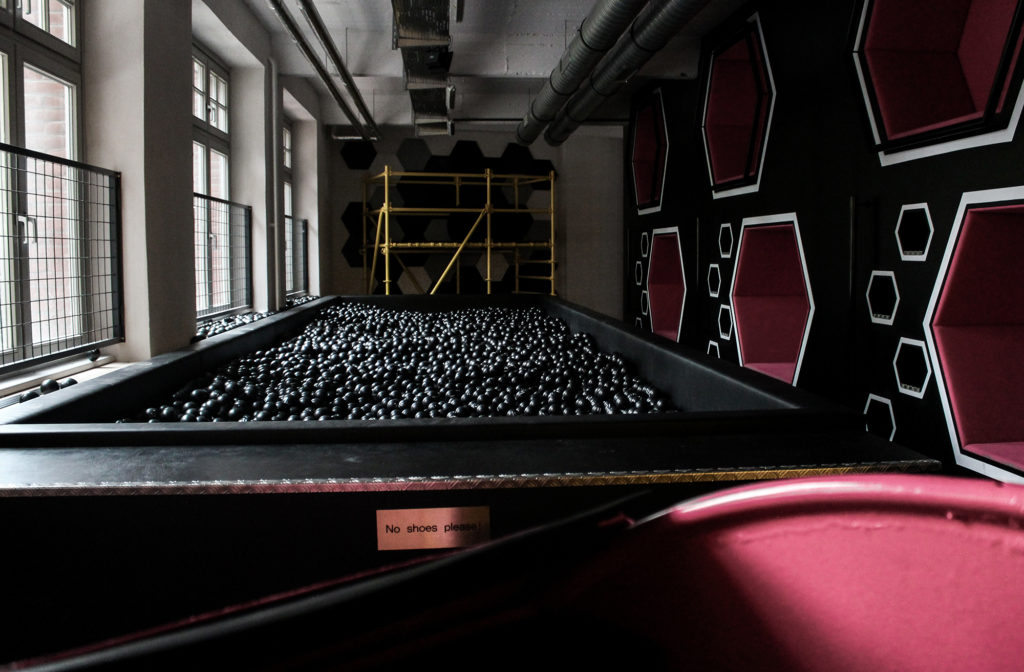
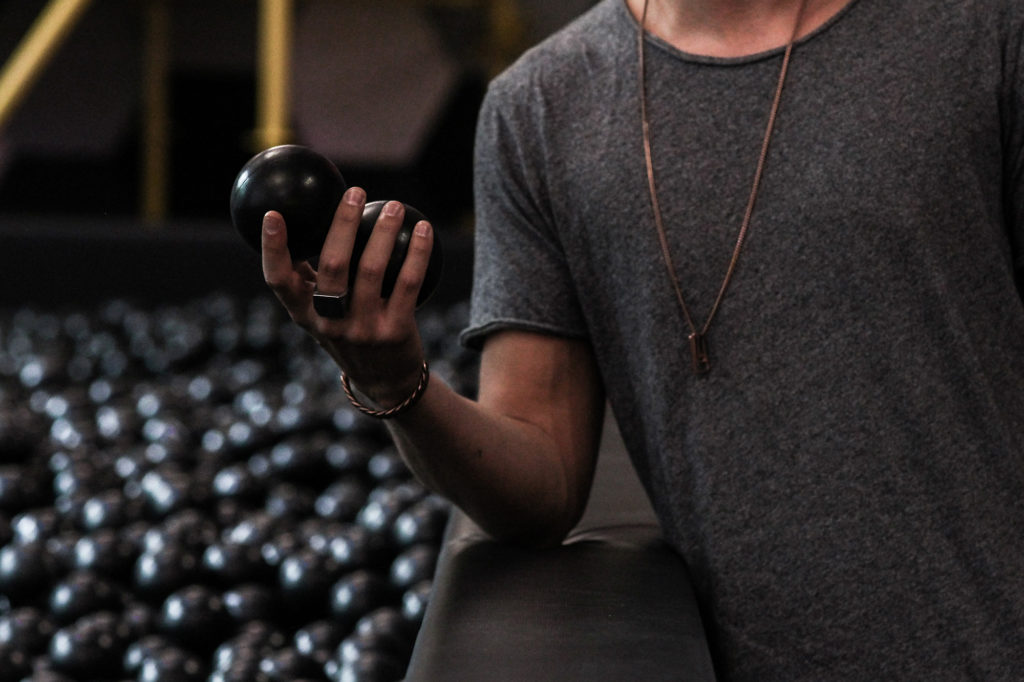
But there’s more to the rise of the co-working movement than a desire to collaborate or the ambition to usher in a ‘world of tomorrow’. The last decade has been shaped by the aftershocks of the global economic crisis. The availability of traditional full-time jobs is declining worldwide and a younger generation has learned to see freelance work as both necessary and desirable. According to the Ituit 2020 report, it’s estimated that 40% of the workforce in the US will be freelancers, temps or other forms of ‘solopreneur’ by 2020. Conversely, some 80% of large corporations say they plan to increase their use of a ‘flexible workforce’ in a drive to cut costs and increase efficiency.
Co-working spaces have become the points where all these forces converge. They offer not just the infrastructure of a place to work, but a unique way to work, with the kind of networking, collaboration and sense of community that are missing in the coffee shop or when working from home. Providing a way of working that attracts not just freelancers but teams from major corporations, the co-working phenomenon is on the rise. According to Deskmag’s 2018 Global Coworking Survey, there will be some 1.7 million people working from 19,000 co-working locations by the end of this year, continuing a steady growth in numbers over recent years.
For Julian founding 99chairs with ideas of purpose, fulfilment and autonomy was a certainty. He and Frank shared a set of fundamental beliefs about how the company should operate: ‘What are the basics that you need to provide your employees?’ he asked himself. Things like flexible hours, home office, the freedom to decide what they want to work on, and autonomy were all essential. Then, he says, it was just about finding a team that fit into their mission.
‘I believe that to really grow personally you need to work on the things that you don’t do so well.'
Ideas like home office (or ‘telecommuting’), flextime and other alternatives to the regular 9-to-5 are becoming commonplace, even in established firms like Daimler and SAP. But still more radical ideas are emerging, especially in companies with a strong focus on culture. At 99chairs, they take this pretty seriously.
‘There’s a natural way of dealing with people that makes a lot more sense,’ Julian explains. ‘I truly believe in a few things: that nobody should be able to tell you what to do, for instance. If you don’t make the right decisions, you might not fit the company, but you should still be free to decide.’ Putting this belief into practice means running the team without the normal structures of bosses and managers. In its place is a system of self-organising teams, with no management hierarchies and where roles and responsibilities are fluid and constantly reassessed. It’s a system that relies on trust, technique and taking full ownership of the work in your domain. ‘Own your shit,’ as Julian puts it, describing one of 99chairs core values.
The ideas behind self-organising and self-managing teams have been steadily building steam in recent years. Online fashion retailer Zappos made headlines when it announced in 2013 that the entire company would adopt Holacracy, a leading method and platform for going full self-organised. Even for a company known for having a quirky culture, this move, with 1500 employees, shocked many. The self-organising, self-management philosophy is still widely dismissed as unworkably chaotic and idealistic, and to many in the business world the idea of decentralized authority remains simply preposterous.
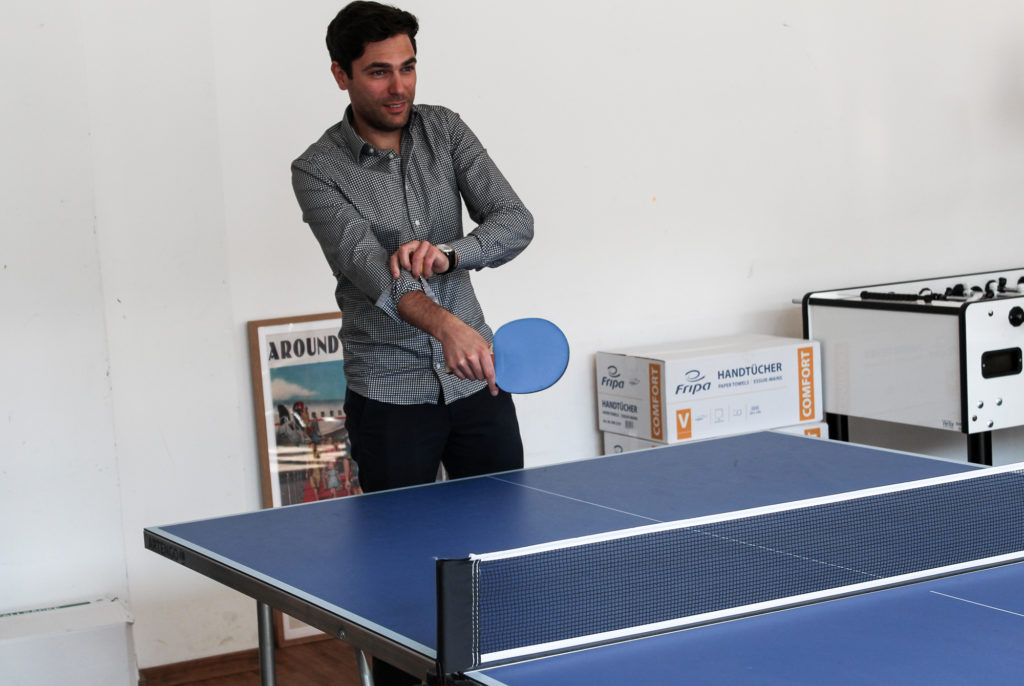
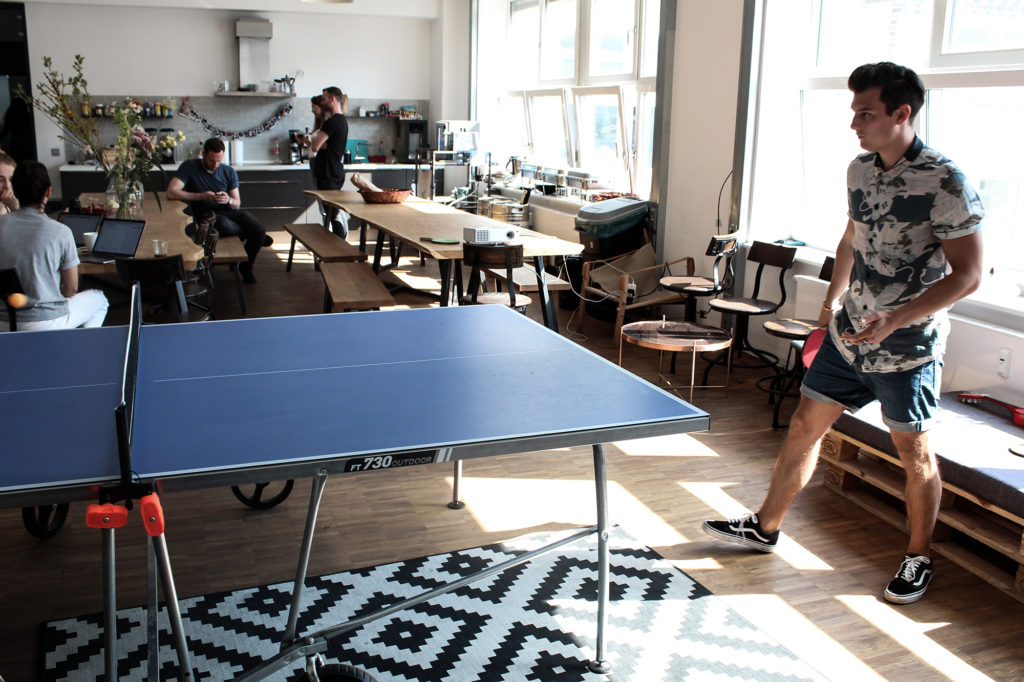
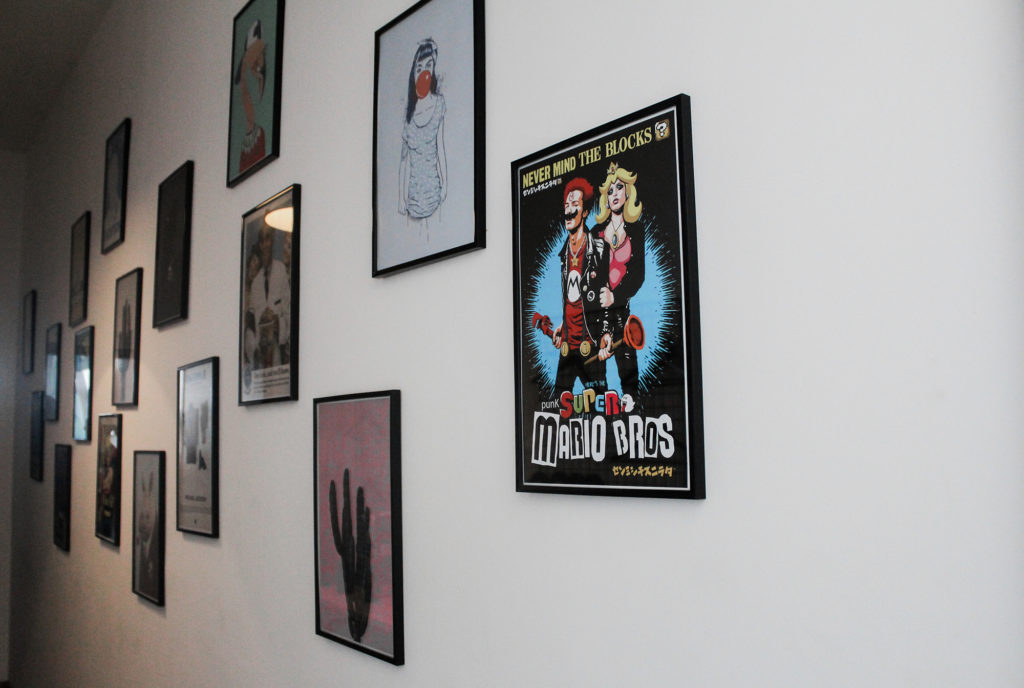
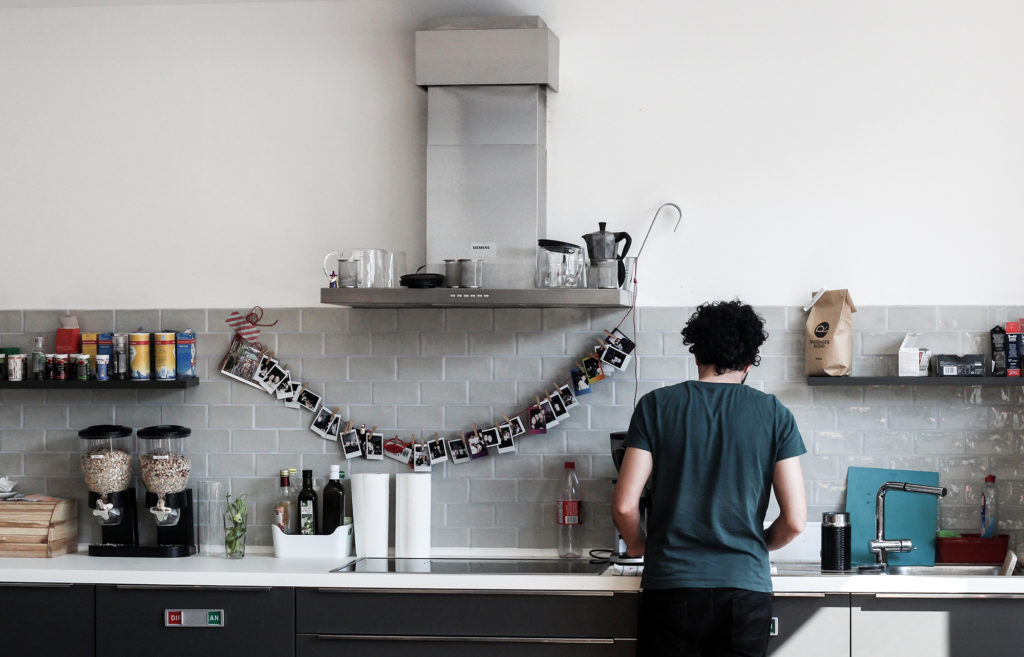
But for supporters like Julian, self-organisation is more than just a way to have an innovative, Agile company with a great culture. We discuss how he developed the mission behind 99chairs. Julian cites an influential 2014 book by Frederic Laloux called Reinventing Organizations. In it, Laloux analyses the way human organisations have evolved throughout history, from primitive tribes, to early religions and empires, to enlightenment institutions and modern corporations. He shows that with each new organisational paradigm comes increased prosperity and major breakthroughs, only to be improved upon by the next.
Laloux gives each of these paradigms a colour. Orange organisations, like most major corporations today, are those with strong hierarchical structures, where managers set objectives and give subordinates some autonomy to get things done. In Green organisations, ‘bosses’ become ‘leaders’ and ‘problem solvers’ and, while a hierarchy exists, ideas of empowerment and company culture begin to replace supervision and strategy. But it’s in the most recent paradigm, Teal, where the ideas of self-organisation emerge, with self-managing teams, flat hierarchies and a strong focus on purpose, value and self-fulfilment.
Naturally adaptive to change and growth, Teal organisations can be compared to living systems. As Julian explains: ‘In traditional companies, the bigger it gets the more inefficient it gets. But if you look at cities, you have certain rules like the law, but besides that you’re really free. So there’s a certain common understanding. And that’s what we’re trying to achieve. A common understanding about how we’re working and some guidelines. Values, but also guidelines.’ At 99chairs values like ‘shoot for the moon,’ ‘be an entrepreneur’ and ‘build honest and open relationships’ give everyone rules of thumb for making their own decisions and underwrite the company’s culture.
He is thoroughly committed to these ideas, but Julian admits that following this Teal philosophy has been a difficult journey. ‘I know that not everyone in the company is convinced of how we do it right now. It’s evolving.’ But these are challenges he seems only to happy to face: ‘I believe that to really grow personally you need to work on the things that you don’t do so well. This is an environment that might be very challenging and not always nice because you have to work on your weaknesses. And that’s something that I want to work more towards too: to really make everybody a better person within themselves. We’re not there yet, but I want to go more in that direction. Right now one of our values is “drive change and learning.” That you want to permanently improve,and to improve, you need to continually make mistakes. So mistakes are very, very important. The important part is to learn from them.’
It’s easy to buy into Julian’s optimism for a world of work that promises so much passion and purpose. And he’s certainly not alone among young entrepreneurs who want to see work life evolve into something freer and more meaningful. But can his brand of idealism really become the new normal? Or are these just more of those unrealistic expectations of the bemoaned Millennial generation? Julian laughs, acknowledging that Millennials: ‘definitely make it harder for everyone.’ But for him, there is no question that with passion comes productivity, and with productivity a much brighter future. ‘It is a question: can you create a world where everybody is really fulfilled, happy, works towards a purpose? Is that actually possible? I don’t know. I would hope that most of us can do it because it’s a lot more fun and a lot more fulfilling. And imagine what we could do with the world if everybody could be really happy and working on the things that they wanted to do. That would be a lot more productive and a lot more would change.’
Keep up to date with 99chairs via their blog and get inspired by their Instagram feed.
